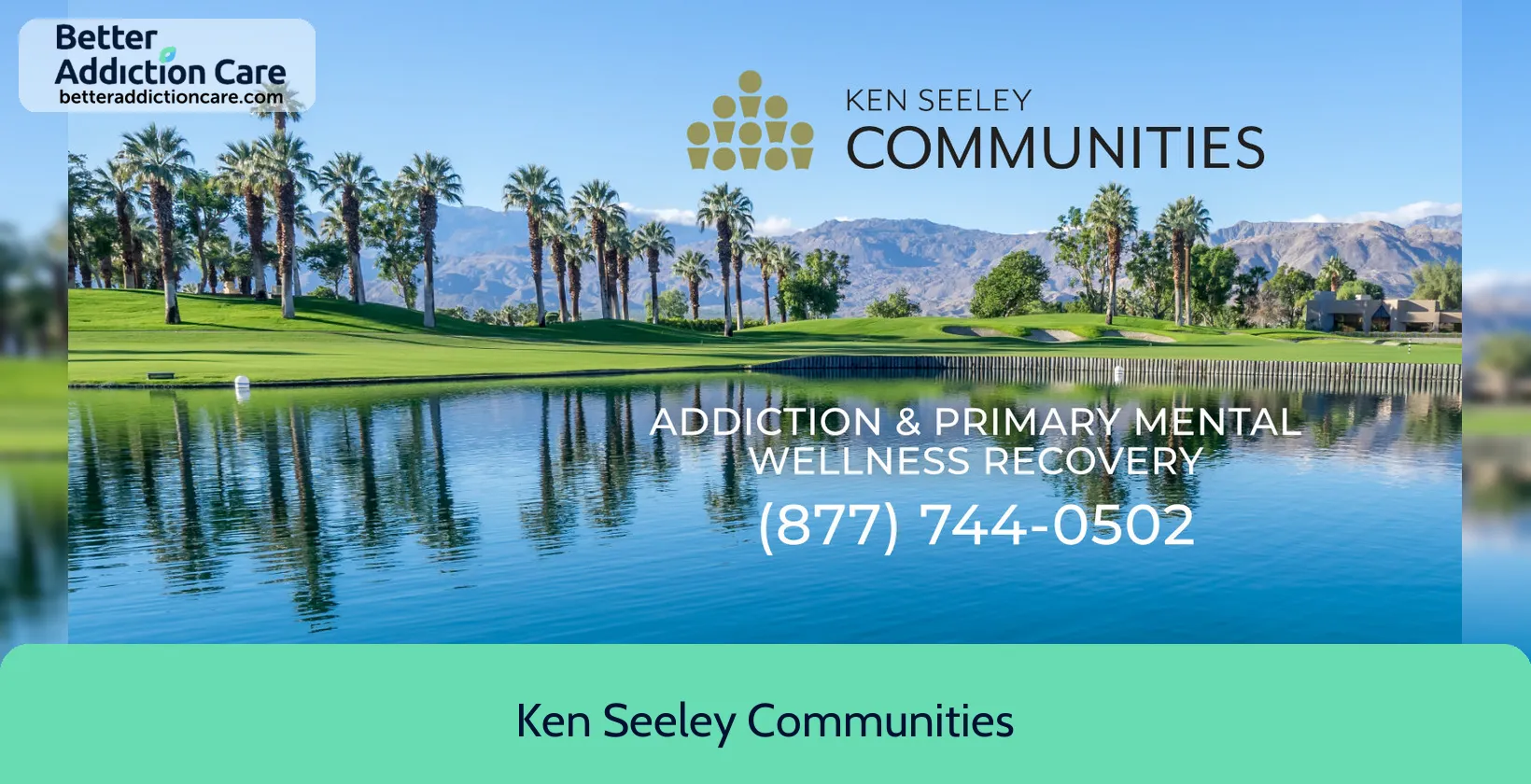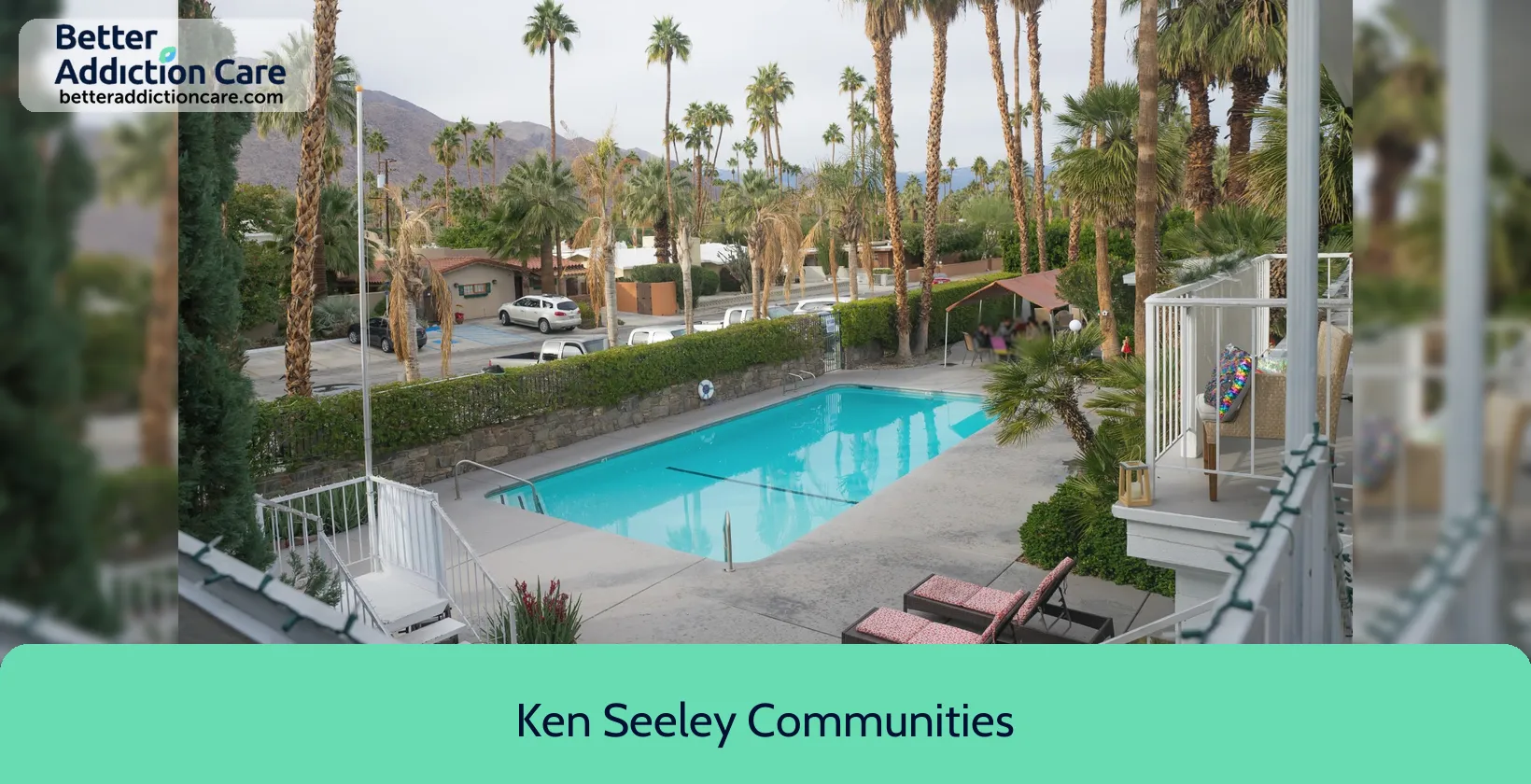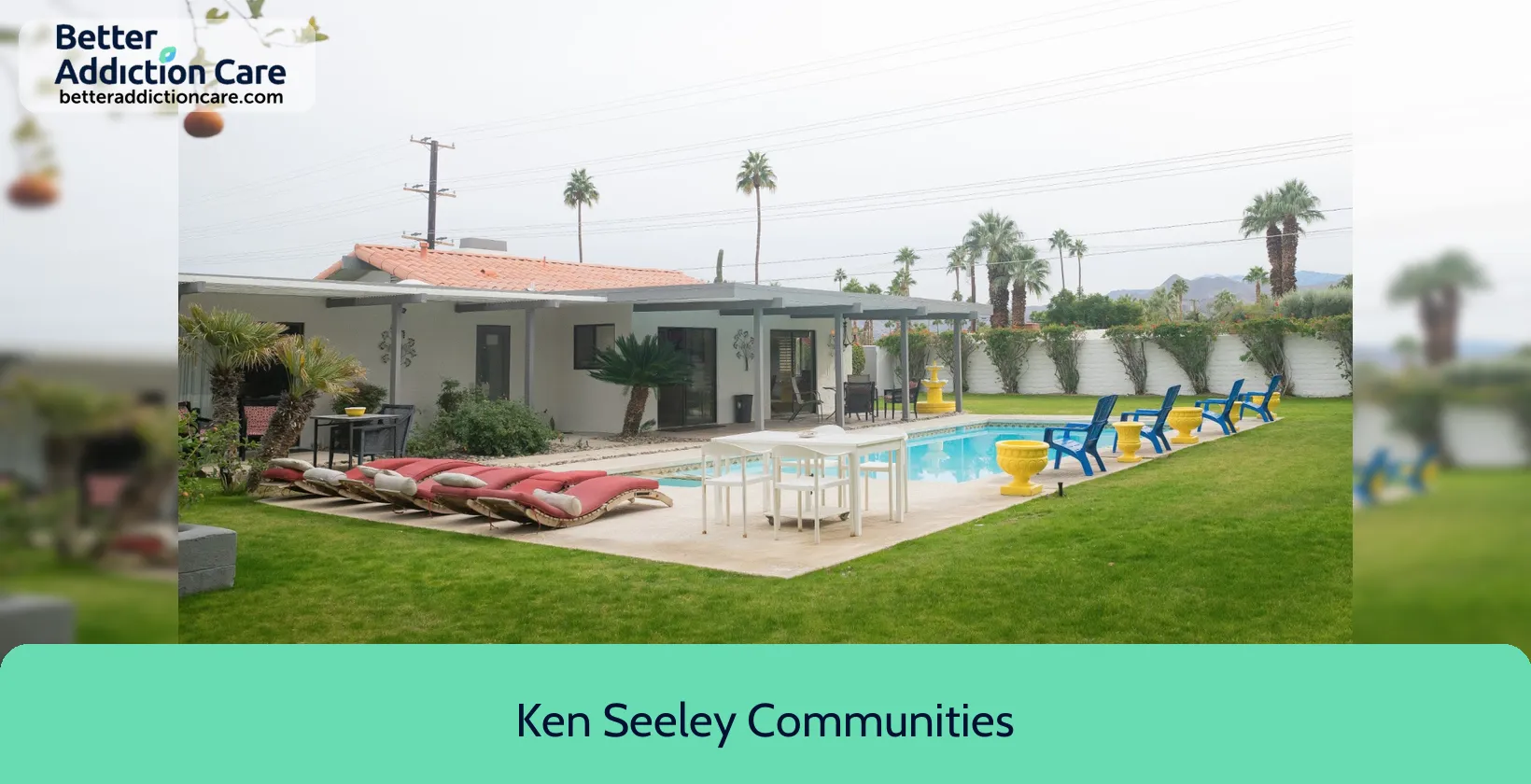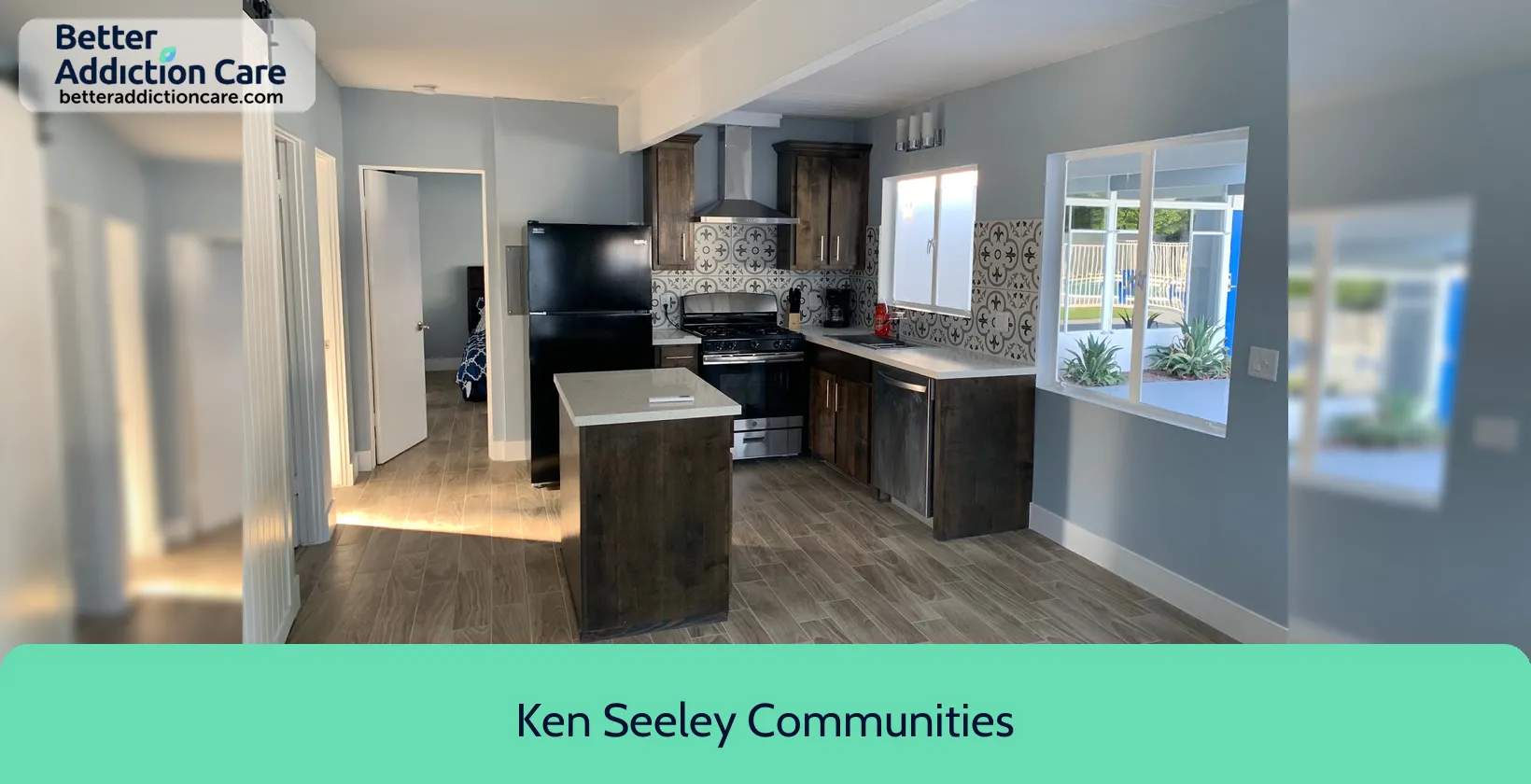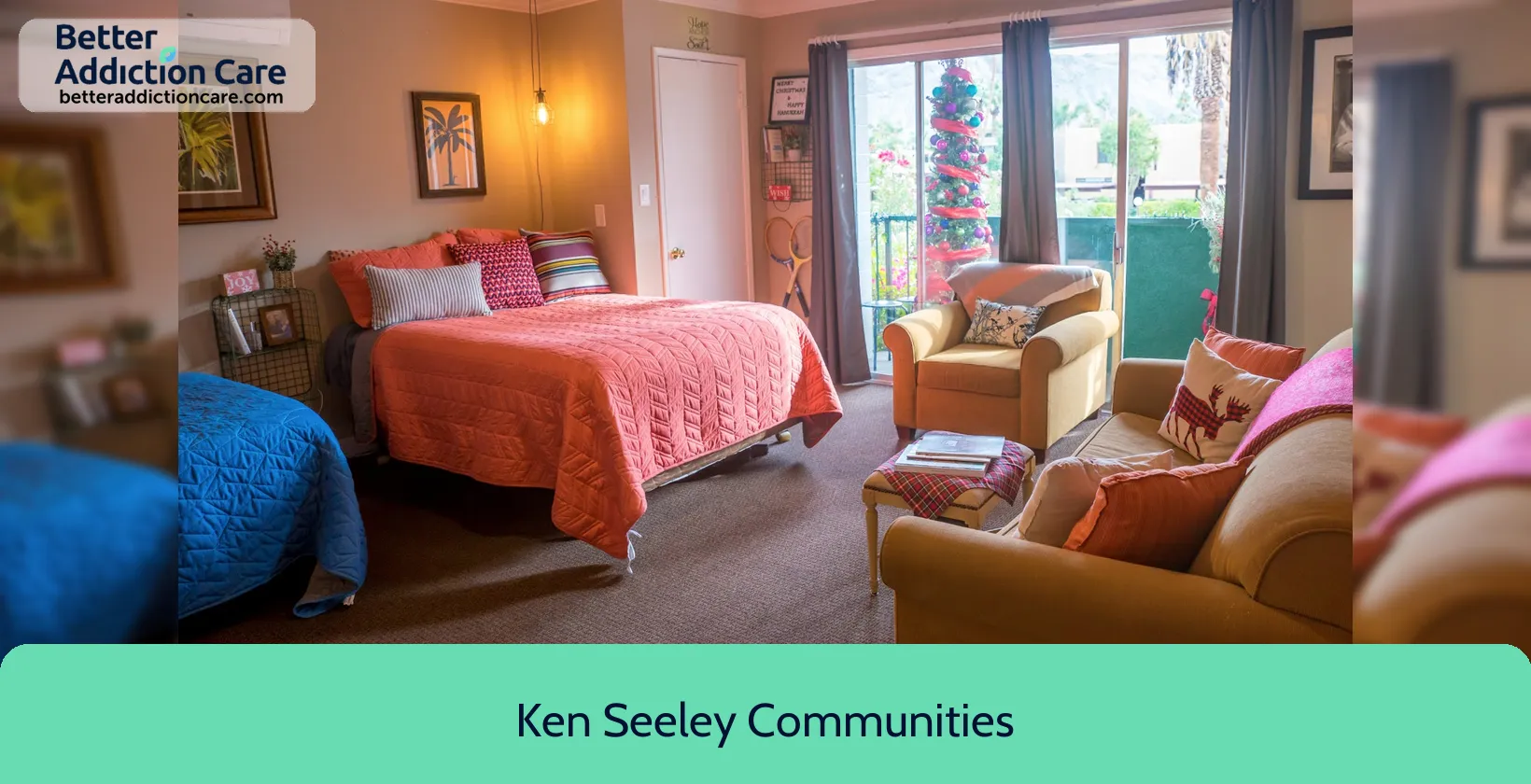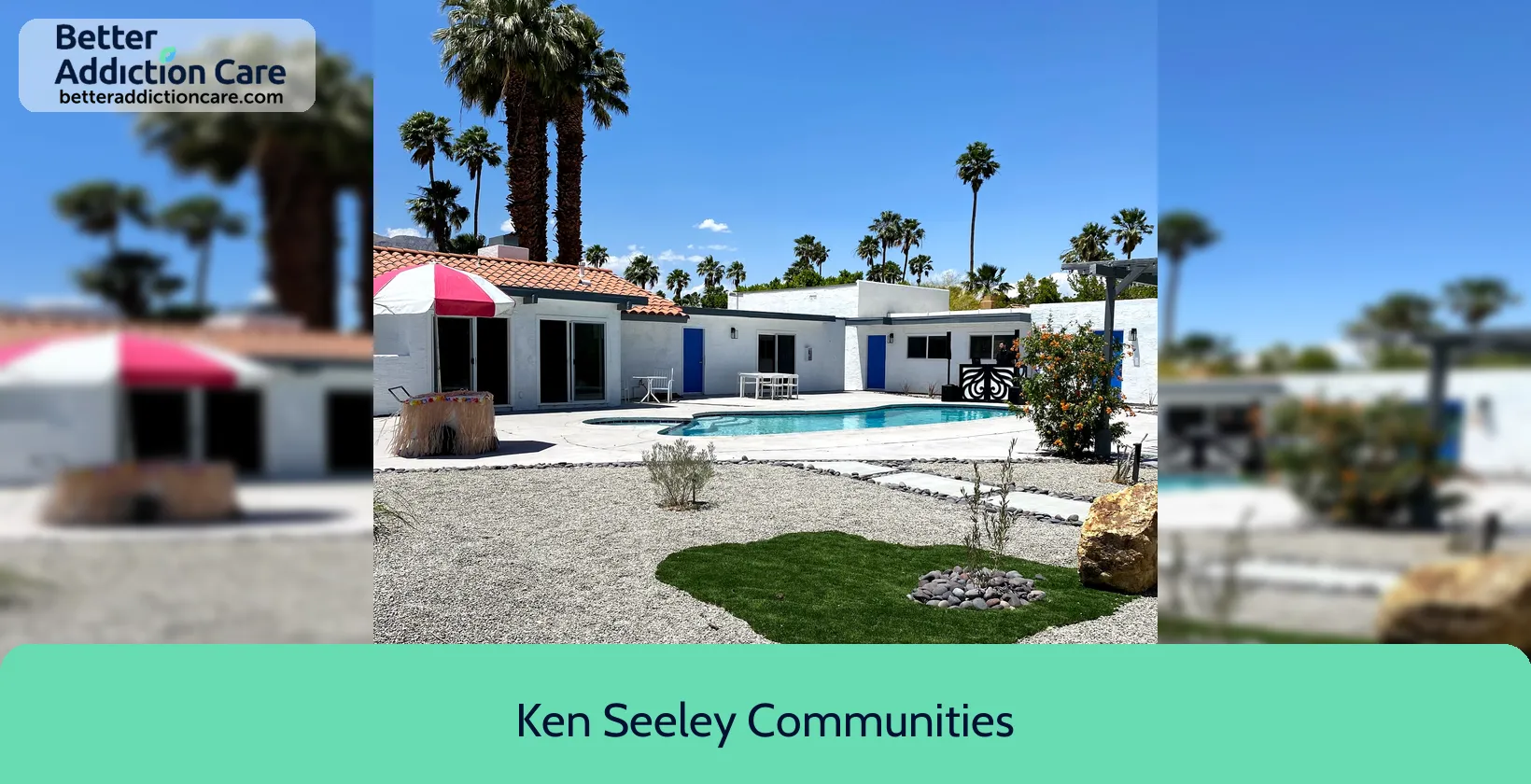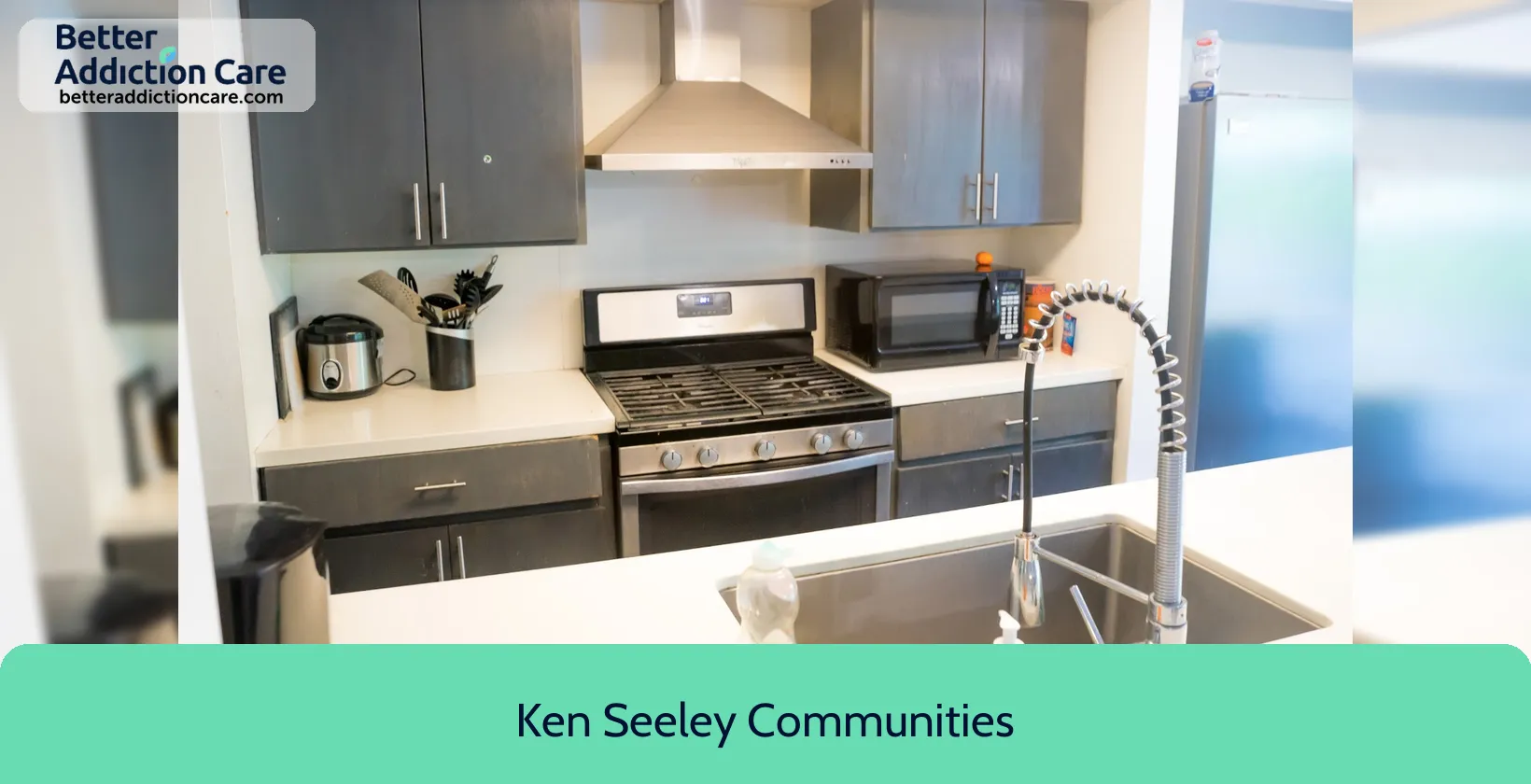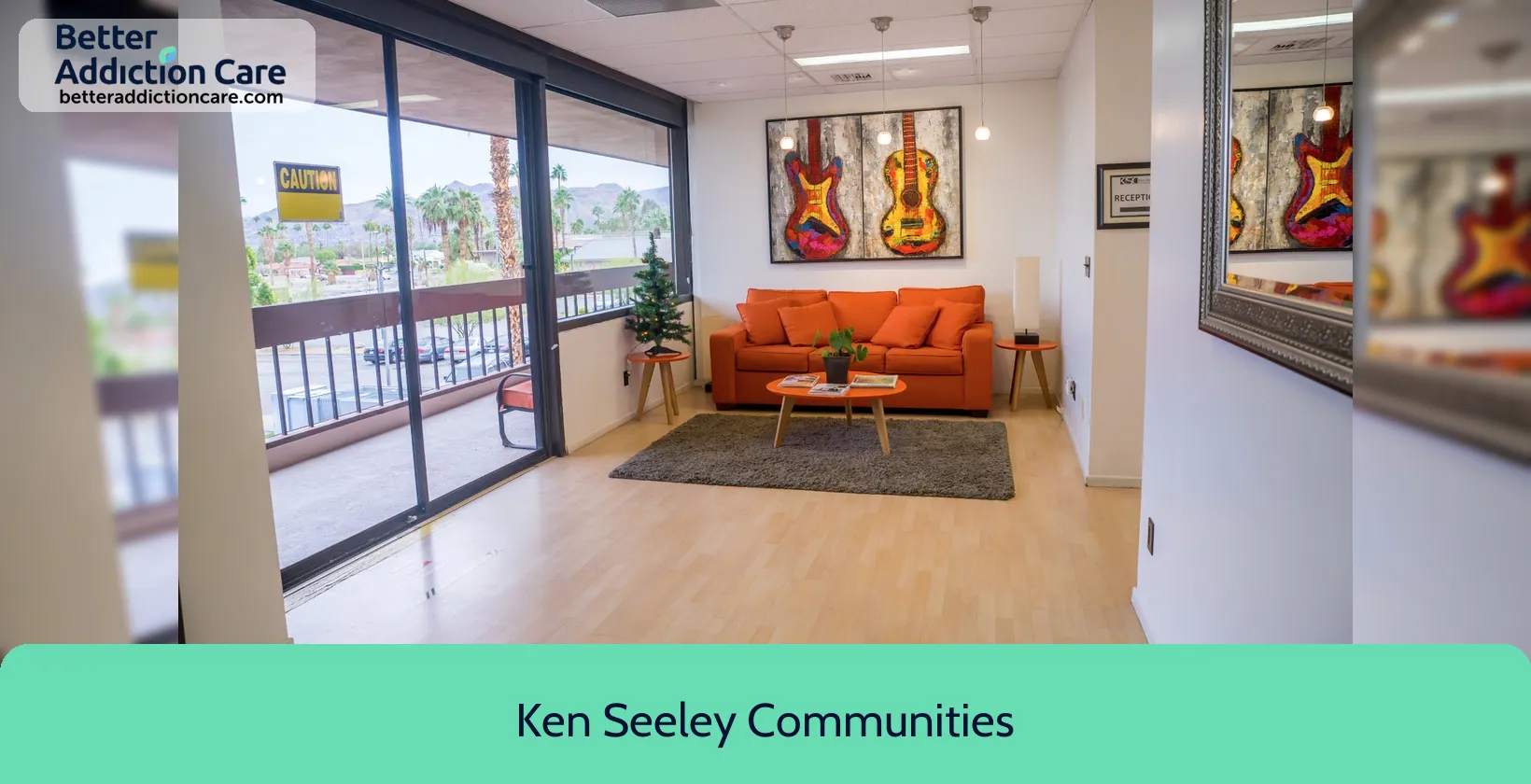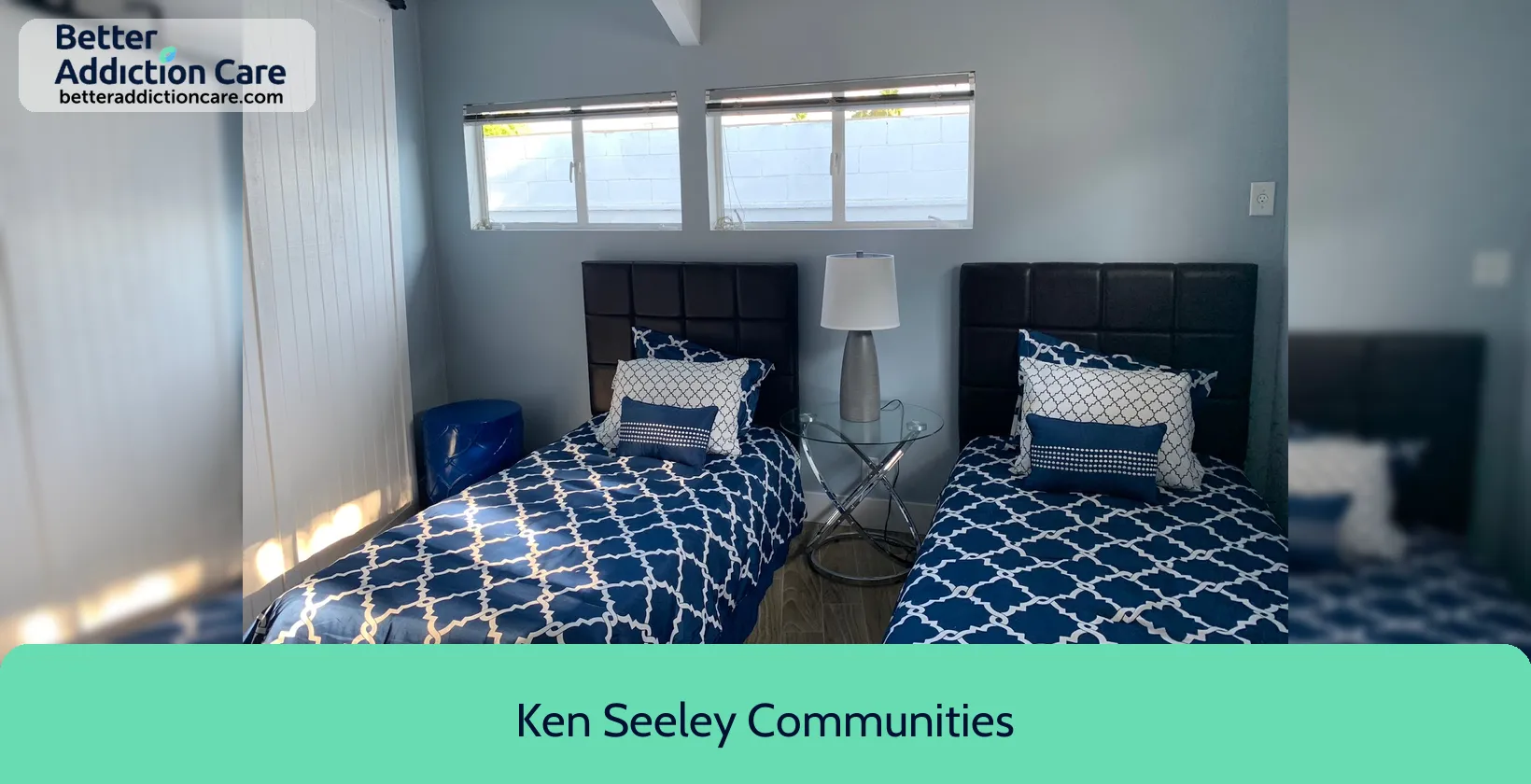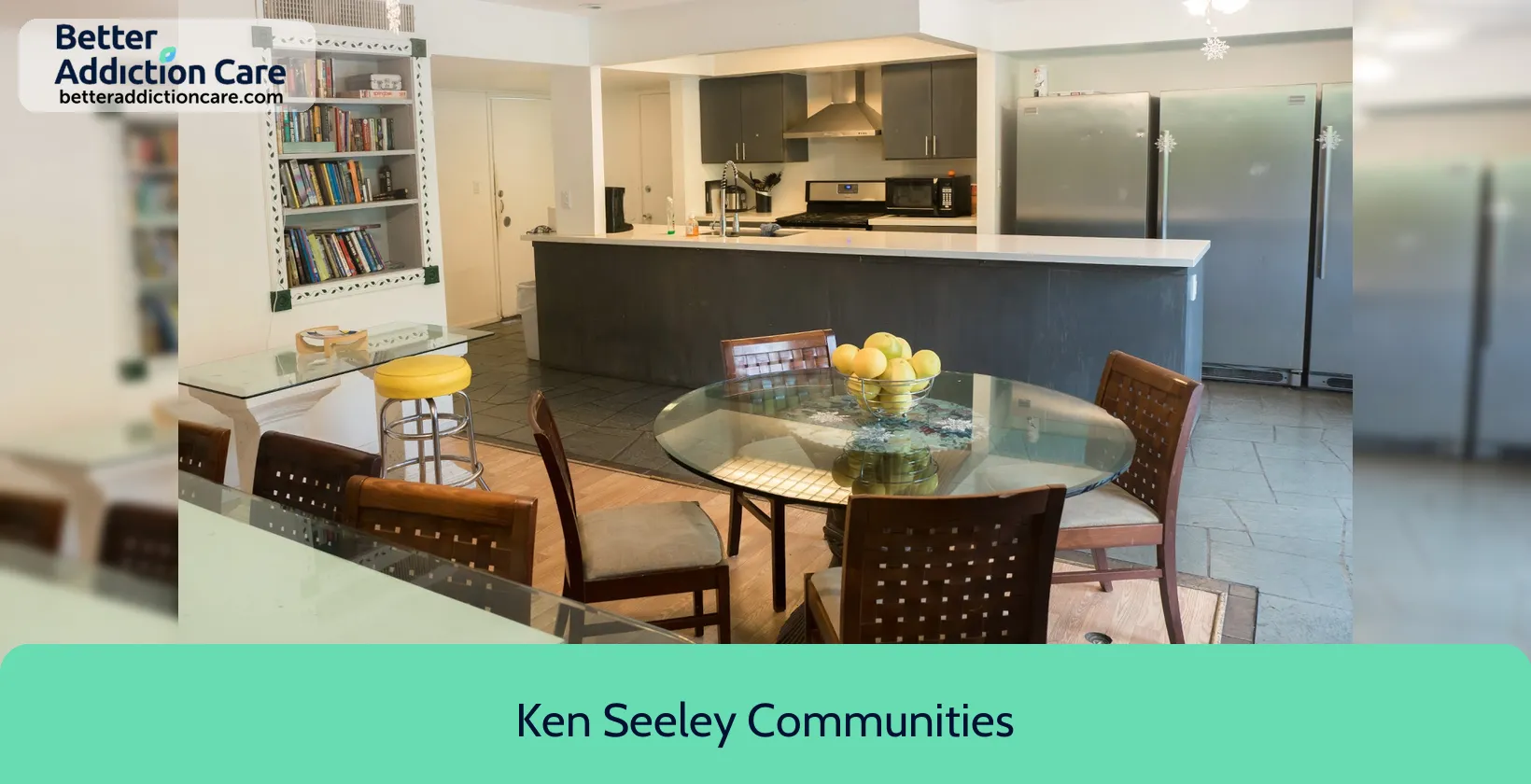Ken Seeley Communities
Overview
Ken Seeley Communities, located in Palm Springs, California, offers specialized treatment for drug, alcohol, and substance abuse addiction, as well as co-occurring conditions. The facility is LGBTQ+ friendly, fostering an inclusive and supportive environment for all clients.
Ken Seeley Communities provides comprehensive care, including a detox program where clients are closely monitored by experienced staff to ensure a safe withdrawal process. The treatment approach includes individual, group, and family therapy, along with Eye Movement Desensitization and Reprocessing (EMDR), Cognitive Behavioral Therapy (CBT), and Dialectical Behavior Therapy (DBT). Additionally, the facility offers alternative therapies such as art therapy and meditation.
Ken Seeley Communities also extends support to families throughout the recovery journey, recognizing the importance of family involvement in the healing process.
Ken Seeley Communities at a Glance
Payment Options
- Cash or self-payment
- Private health insurance
- Medicare
- Medicaid
- Monthly
Assessments
- Comprehensive mental health assessment
- Comprehensive substance use assessment
Age Groups
- Young adults
- Adults
Operation
- Private for-profit organization
Highlights About Ken Seeley Communities
6.87/10
With an overall rating of 6.87/10, this facility has following balanced range of services. Alcohol Rehabilitation: 8.00/10, Drug Rehab and Detox: 6.00/10, Insurance and Payments: 6.40/10, Treatment Options: 7.09/10.-
Alcohol Rehabilitation 8.00
-
Treatment Options 7.09
-
Insurance and Payments 6.40
-
Drug Rehab and Detox 6.00
Accreditations
The Joint Commission:

The Joint Commission's addiction and behavioral health accreditation signifies a facility's commitment to high-quality care. It involves rigorous evaluations and assessments of clinical practices, ensuring effective, evidence-based treatment. Accreditation showcases a dedication to continuous improvement and patient safety, instilling trust among patients, families, and healthcare professionals. It's a mark of excellence in addiction and behavioral health care.
Effective date: 10/03/2016
Registration: 580712
LegitScript:

LegitScript certification is awarded to programs and services that successfully complete a stringent application process initiated in 2018. This process ensures eligibility for credible providers offering mental health and co-occurring substance abuse treatment within Google's network while complying with HIPAA privacy laws.
Treatment At Ken Seeley Communities
Treatment Conditions
- Mental health treatment
- Alcoholism
- Opioid Addiction
- Substance use treatment
- Co-occurring Disorders
Care Levels
- Partial Hospitalization Program
- Intensive outpatient treatment
- Luxury Treatment
- Detoxification
- Aftercare
Treatment Modalities
- 12-step facilitation
- Family counseling
- Individual psychotherapy
- Cognitive Behavioral Therapy
- Trauma-related counseling
Ancillary Services
Special Programs
- Clients who have experienced trauma
Get Help Now
Common Questions About Ken Seeley Communities
Contact Information
Other Facilities in Palm Springs
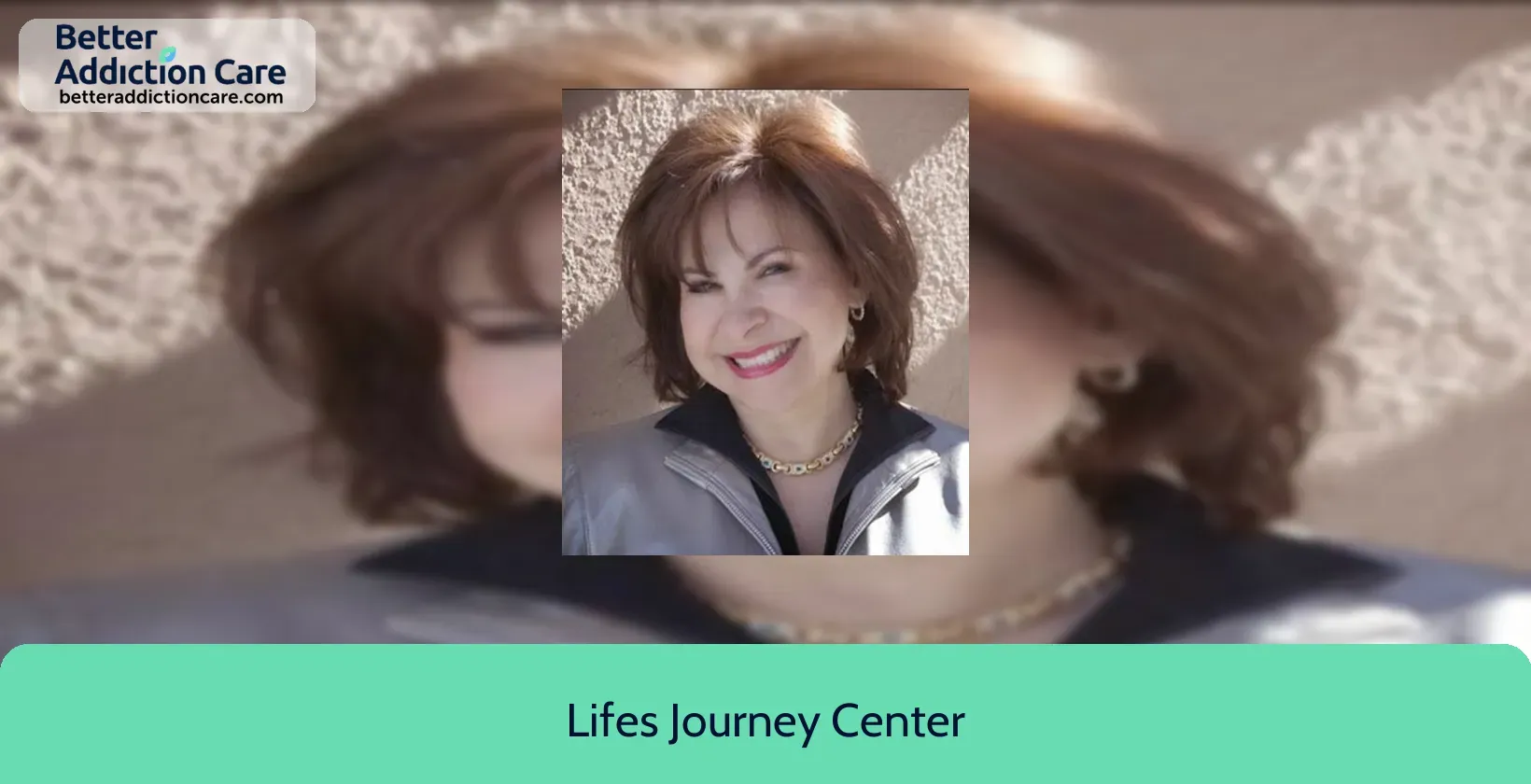
6.59
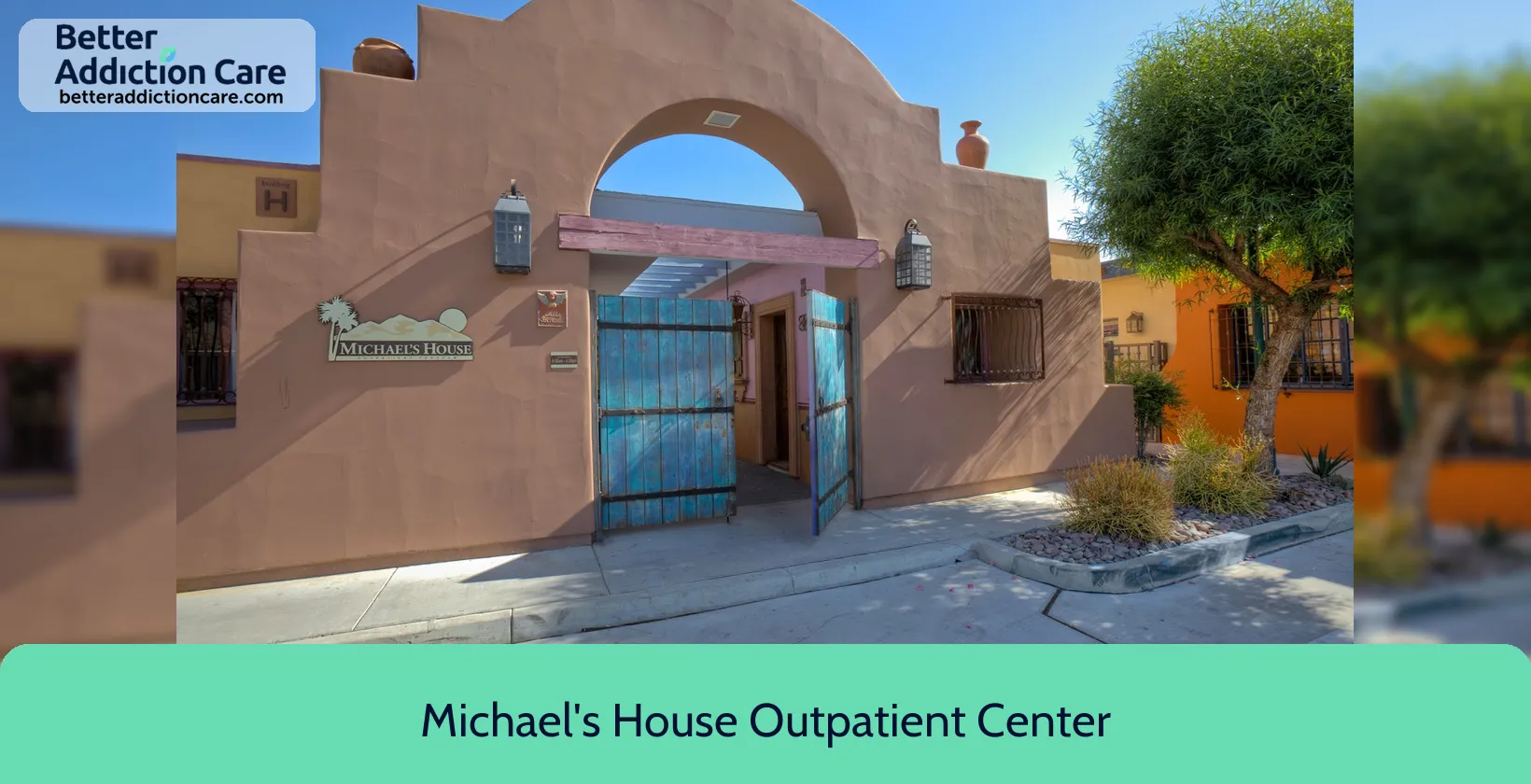
7.04
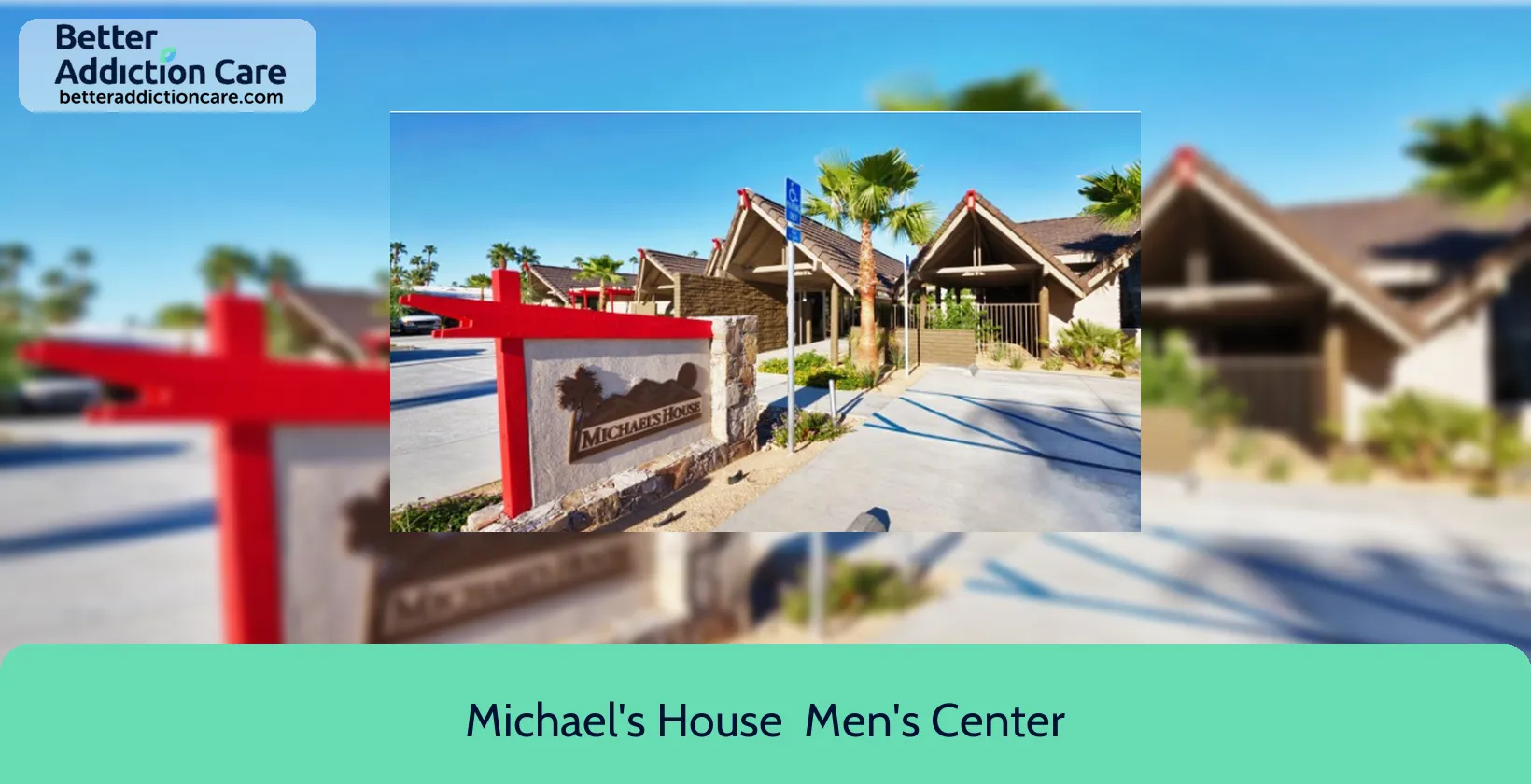
7.35
DISCLAIMER: The facility name, logo and brand are the property and registered trademarks of Michael's House - Men's Center, and are being used for identification and informational purposes only. Use of these names, logos and brands shall not imply endorsement. BetterAddictionCare.com is not affiliated with or sponsored by Michael's House - Men's Center.
